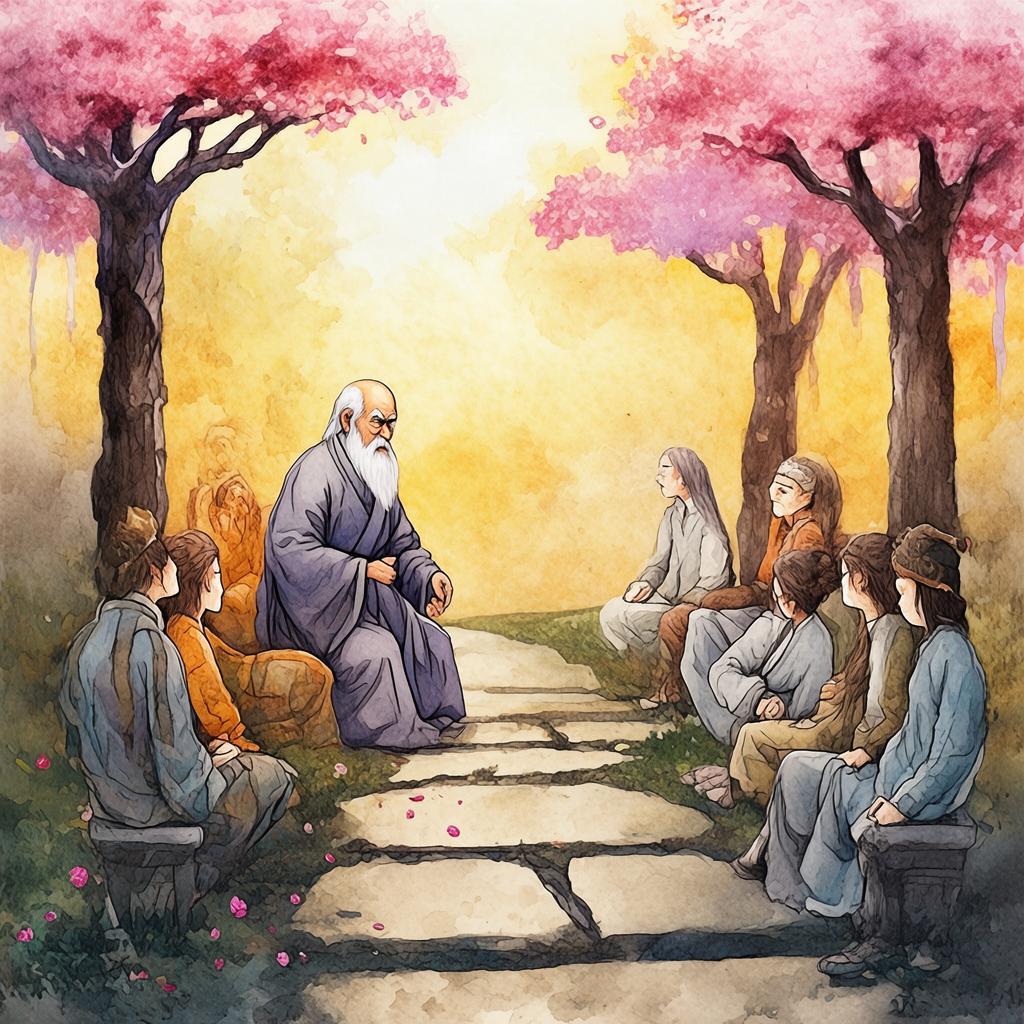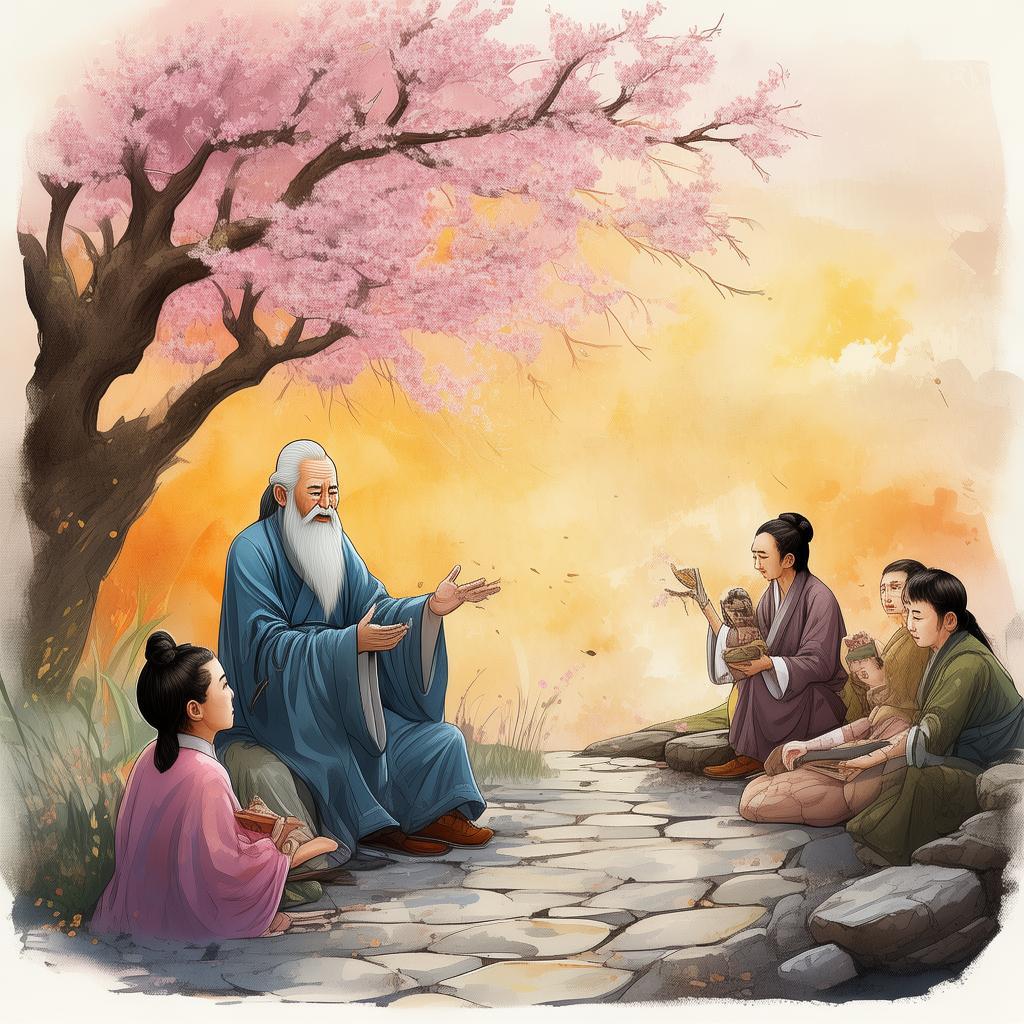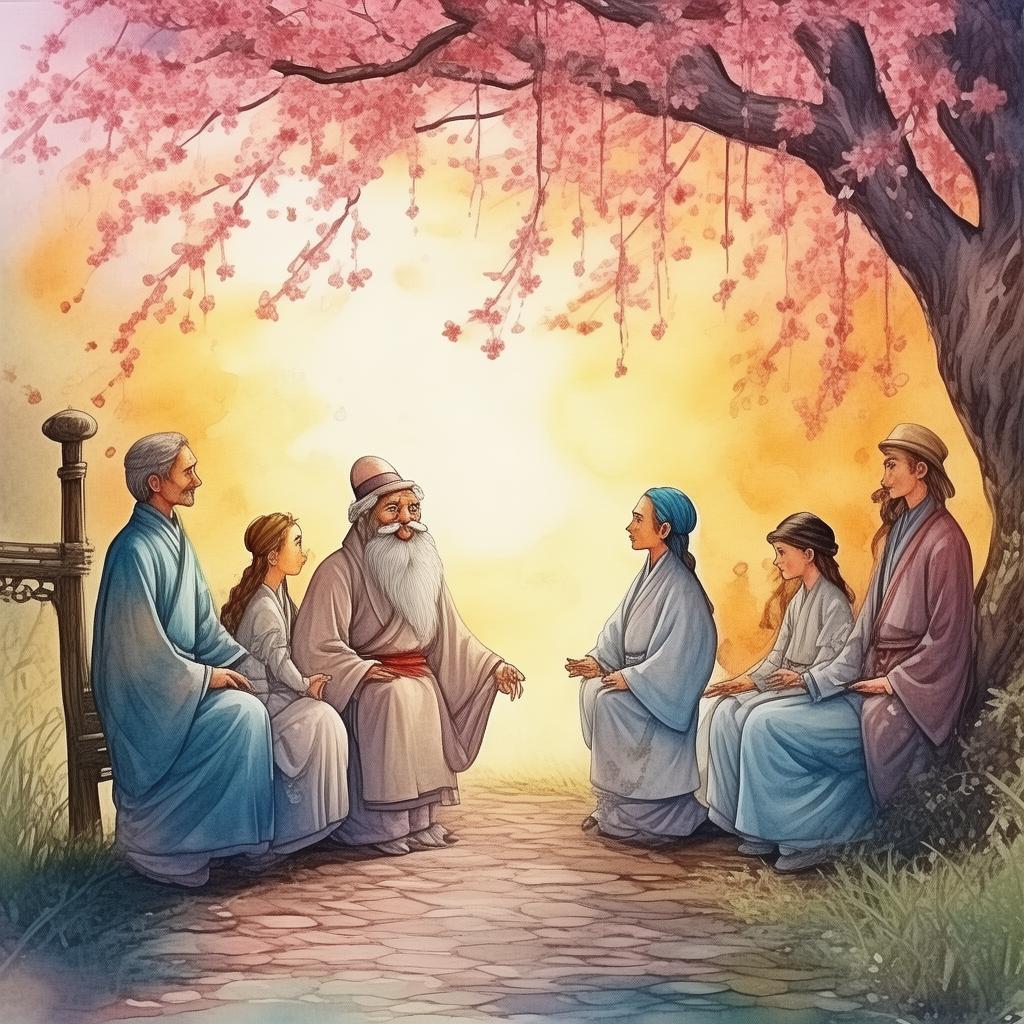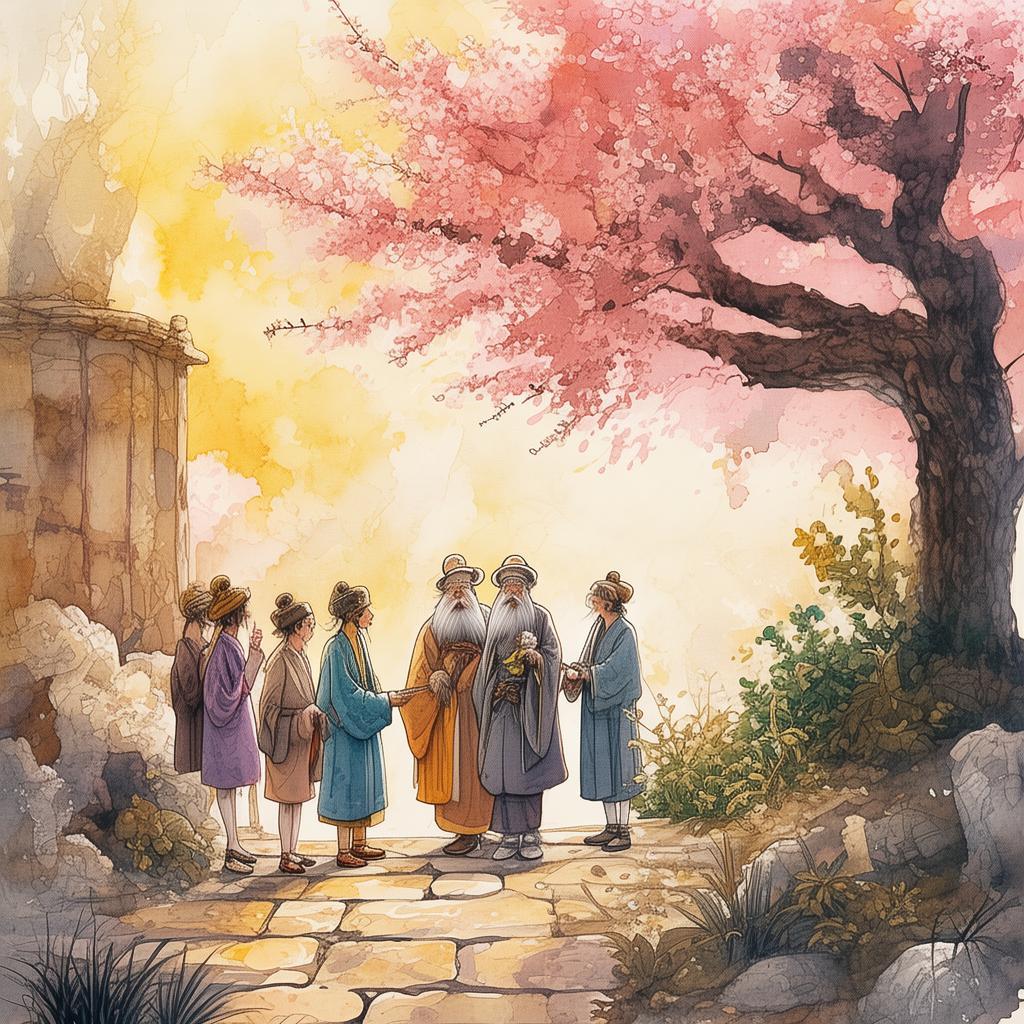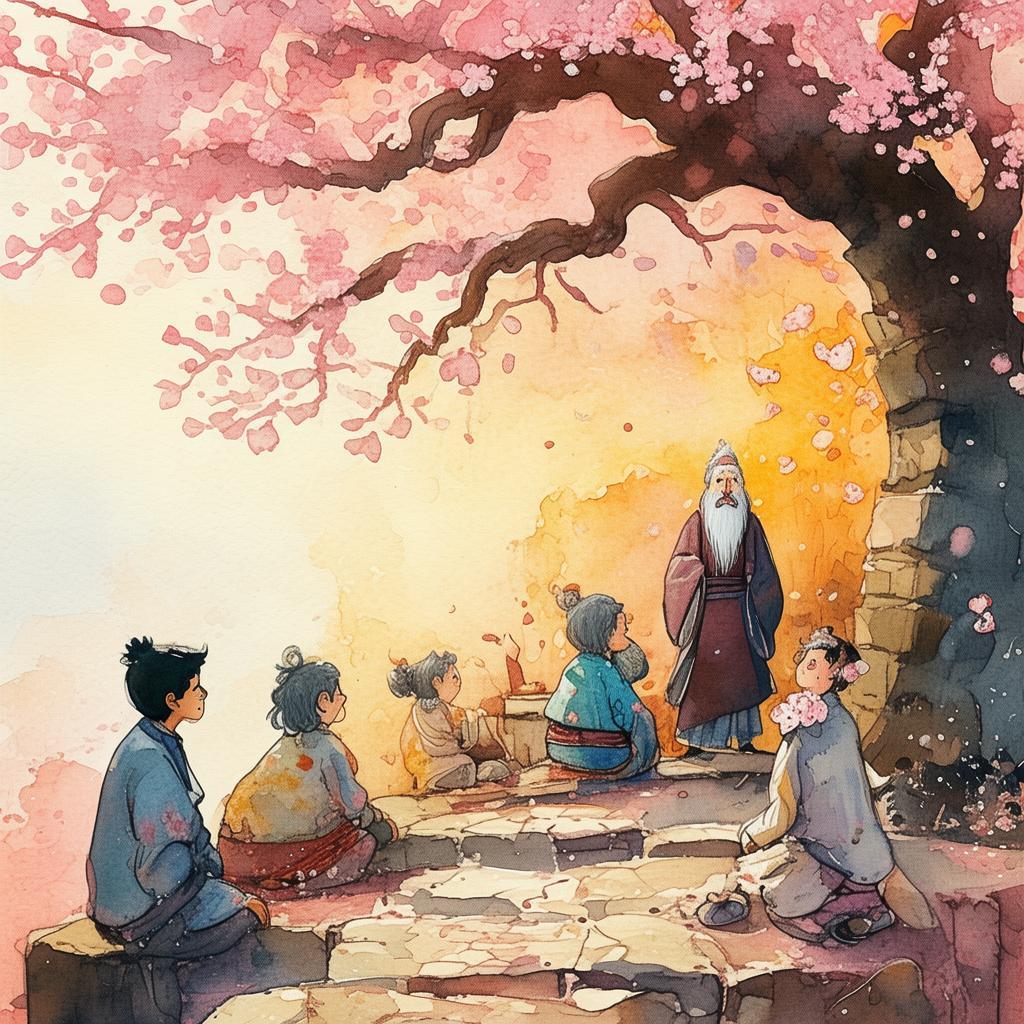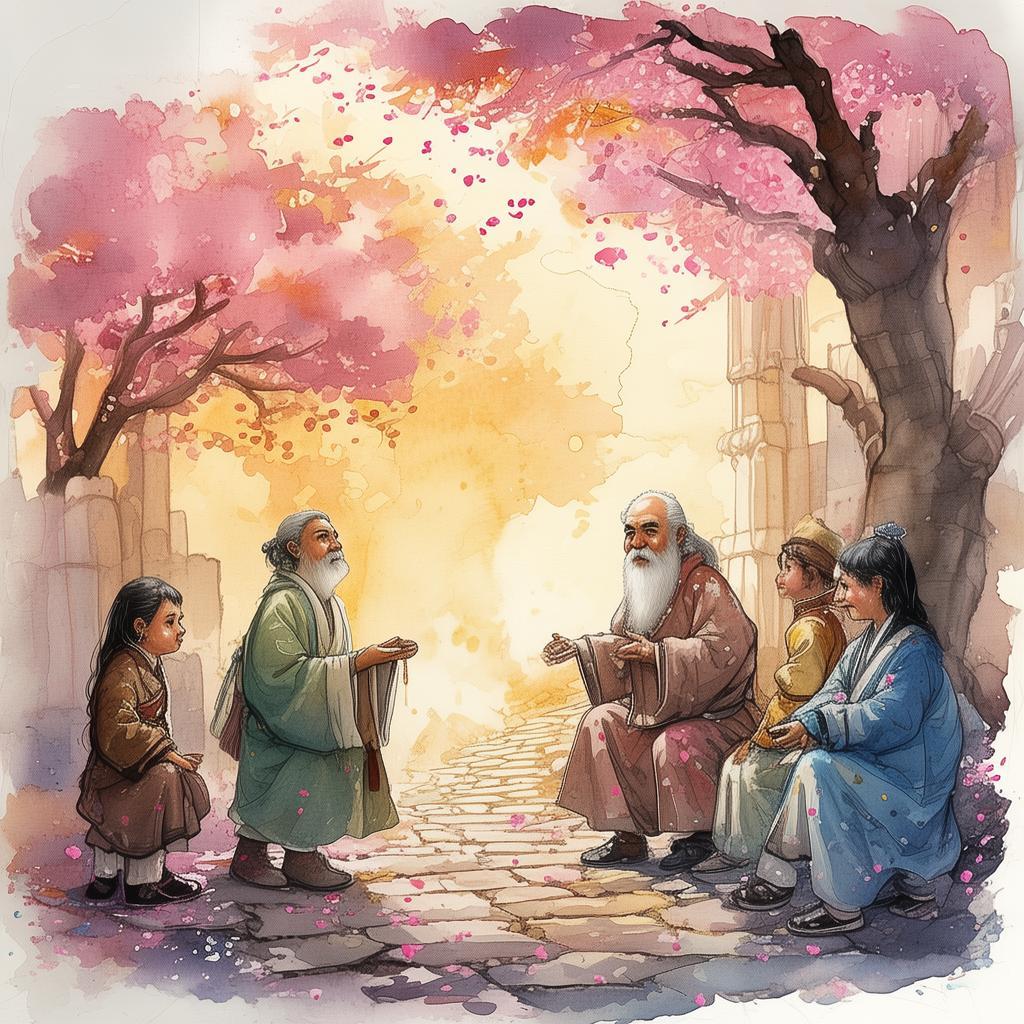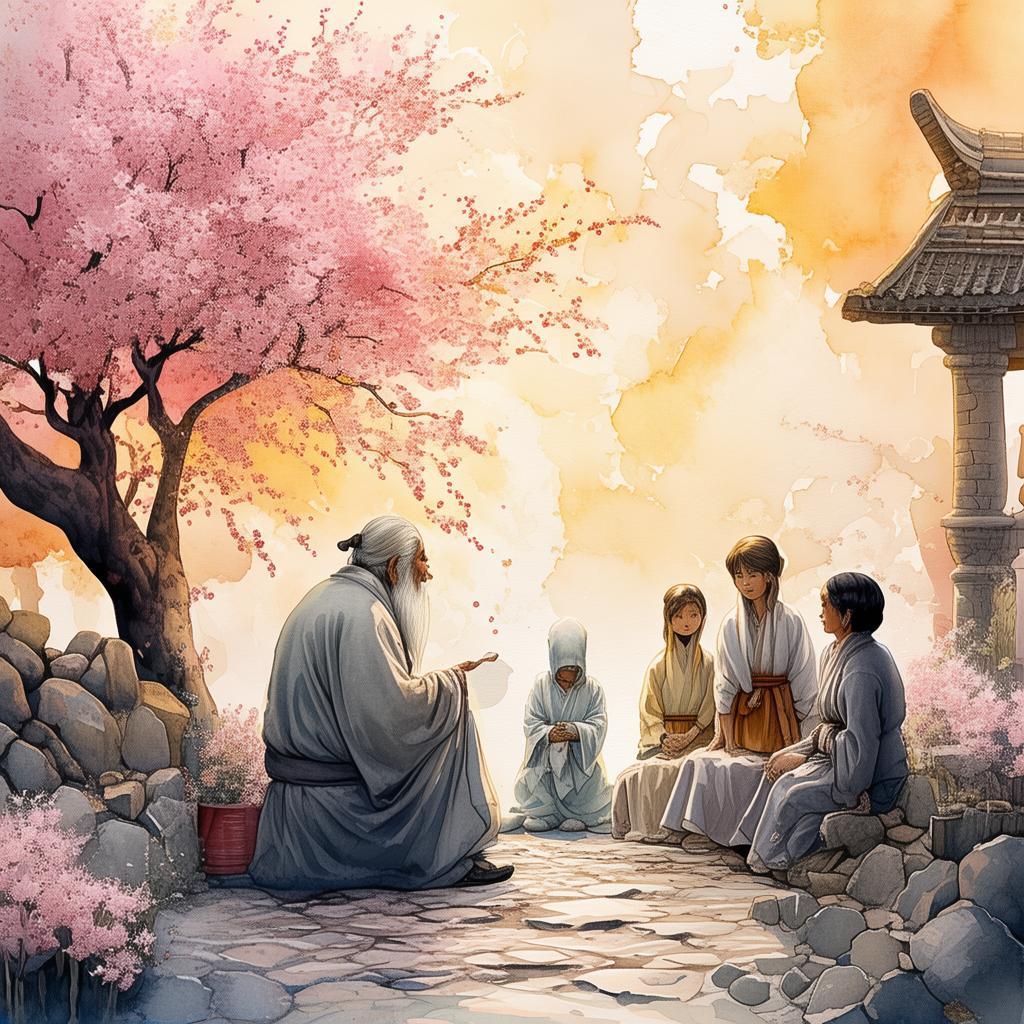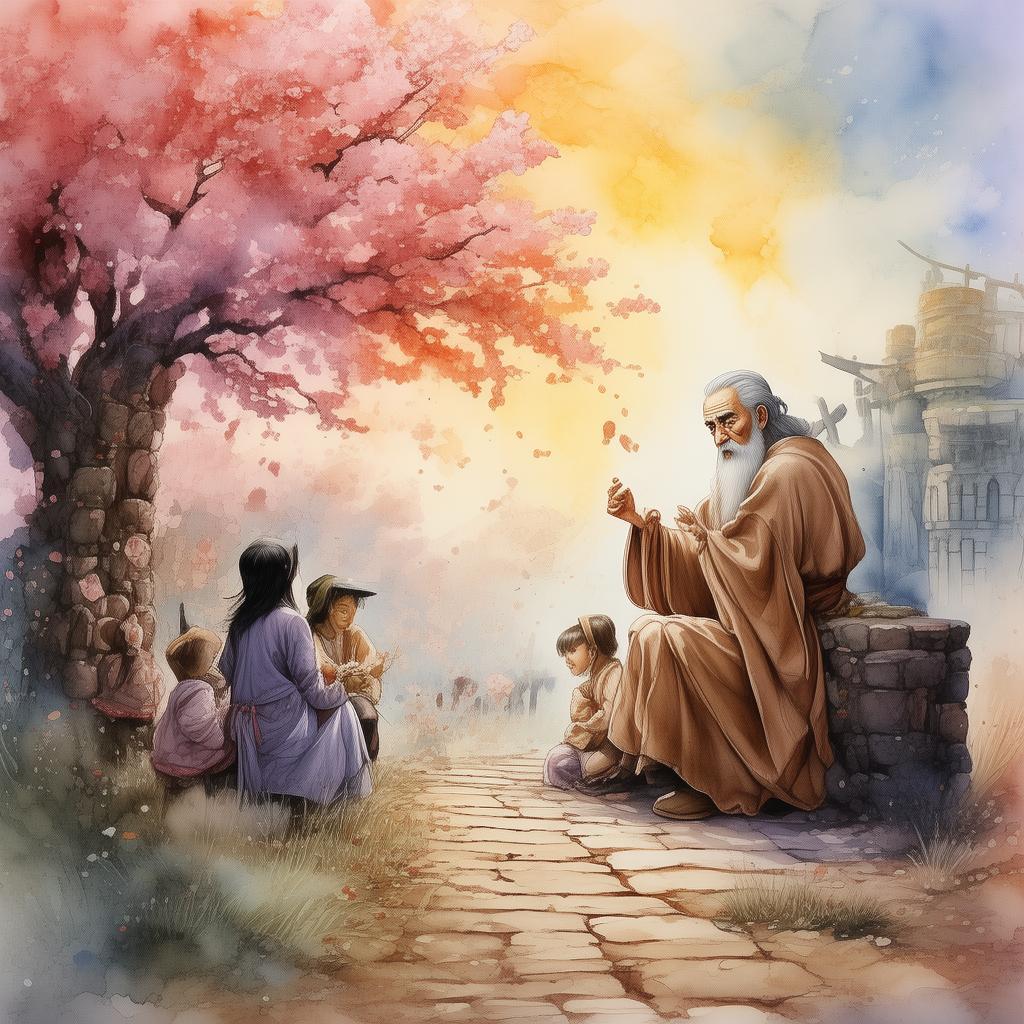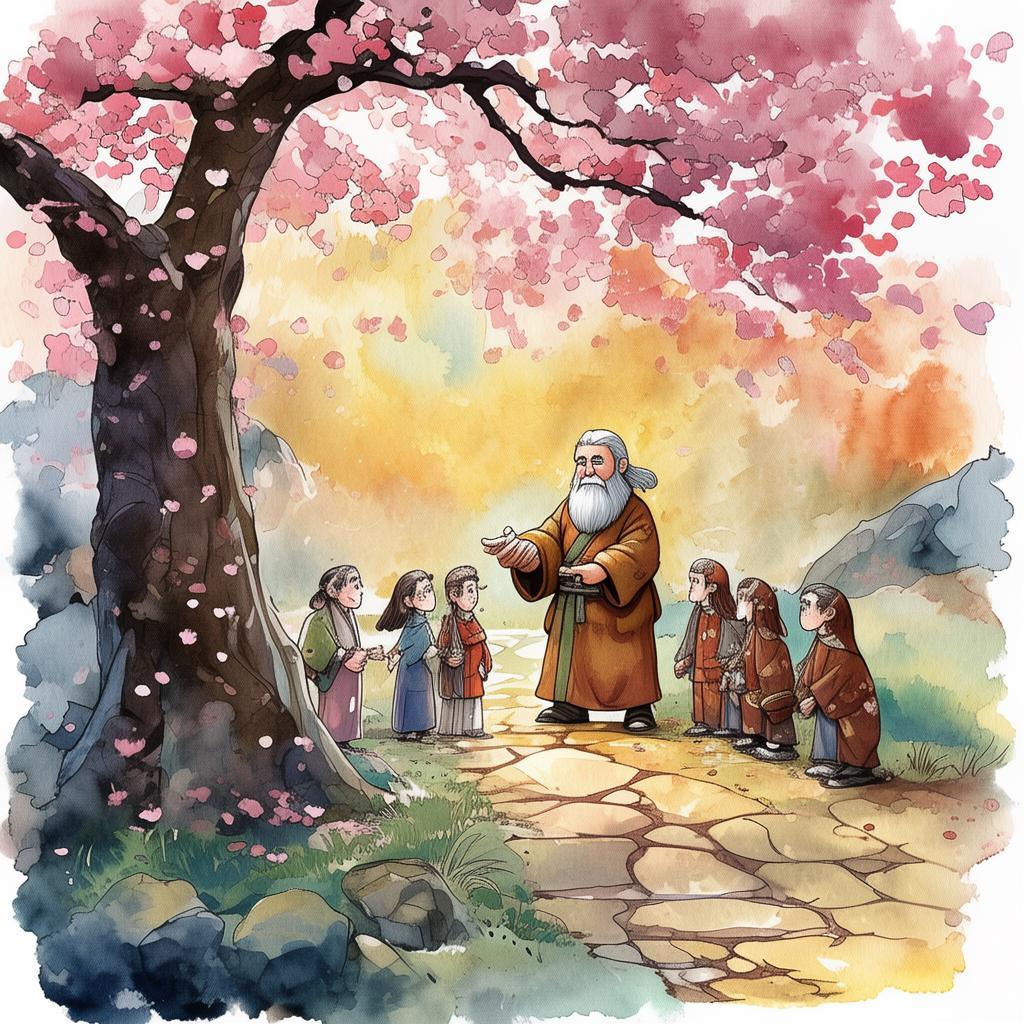The Fall of the Golden Throne: A Tale of Corruption and Justice
In the heart of the ancient empire of Jing, the golden throne of the great Emperor Ling was a symbol of absolute power and authority. The empire, once a beacon of prosperity and harmony, had become a shadow of its former self, its halls filled with the stench of corruption and deceit. The people whispered of a hidden conspiracy, a web of corruption that had ensnared the highest echelons of the imperial court.
In the midst of this corruption, there was a man named Zhao, a loyal and just official who had dedicated his life to serving the empire. Zhao was known for his honesty and integrity, and he had made many enemies in his quest for justice. He had uncovered several instances of corruption and brought the culprits to justice, but the power of the corrupt officials was too great, and Zhao was often left in danger.
One night, as Zhao sat in his dimly lit study, he received a letter from an anonymous source. The letter spoke of a hidden plot to overthrow the emperor and replace him with a puppet ruler, one who would serve the interests of the corrupt officials. The letter also contained a map to a secret vault beneath the imperial palace, rumored to hold the keys to the empire's fortune and power.
Determined to uncover the truth, Zhao decided to investigate the vault. He knew it would be a dangerous mission, but he was driven by a sense of duty and a desire to restore justice to the empire. With the help of a few trusted companions, Zhao ventured into the depths of the palace, navigating through hidden passages and avoiding the watchful eyes of the guards.
As they reached the secret vault, Zhao and his companions discovered a trove of riches, but it was not the gold and jewels that held their attention. Instead, it was a series of scrolls that detailed the corrupt dealings of the highest officials, including the emperor himself. The revelation was staggering, and it became clear that the corruption had reached the very pinnacle of power.
Zhao knew that revealing this information would bring about his downfall, but he also understood that it was his duty to expose the truth. He decided to confront the emperor, presenting the evidence of corruption and betrayal. The emperor, caught in his own deceit, was forced to face the consequences of his actions.
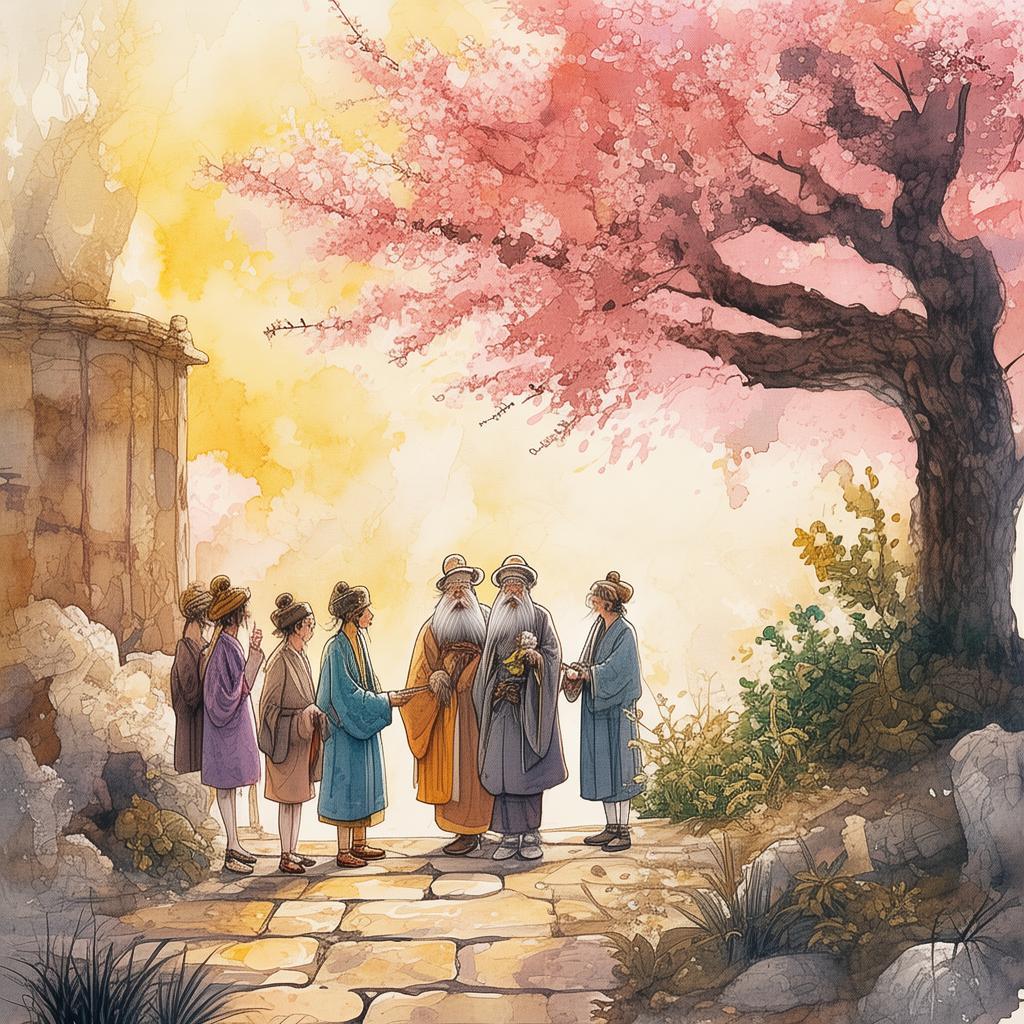
The empire was thrown into turmoil as the truth of the corruption spread. The people, long oppressed by the corrupt officials, rose up in rebellion. The emperor, unable to maintain his authority, was forced to abdicate the throne. In his place, a council of wise and just officials was established to govern the empire.
Zhao, though his life was in danger, remained steadfast in his quest for justice. He was appointed as the new emperor's advisor, and his efforts led to the purification of the imperial court. The empire, once again, began to flourish, and the people lived in peace and prosperity.
However, Zhao's victory was bittersweet. He realized that the true power lay not in the hands of a single ruler, but in the hearts and minds of the people. The fall of the golden throne had not only exposed the corruption but also served as a reminder of the importance of justice, integrity, and the collective will of the people.
In the end, Zhao's tale became a legend, a story of how a single man's dedication to justice could bring about change and restore hope to an empire on the brink of collapse. And so, the empire of Jing was saved, not by the might of its ruler, but by the strength of its people and the unwavering spirit of a hero who refused to let corruption triumph.
✨ Original Statement ✨
All articles published on this website (including but not limited to text, images, videos, and other content) are original or authorized for reposting and are protected by relevant laws. Without the explicit written permission of this website, no individual or organization may copy, modify, repost, or use the content for commercial purposes.
If you need to quote or cooperate, please contact this site for authorization. We reserve the right to pursue legal responsibility for any unauthorized use.
Hereby declared.
